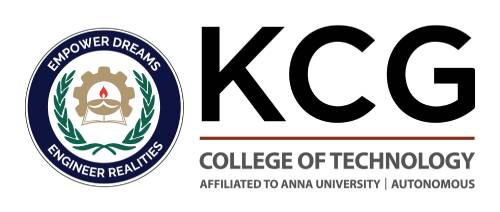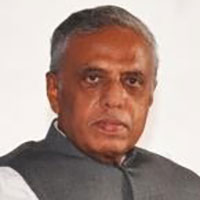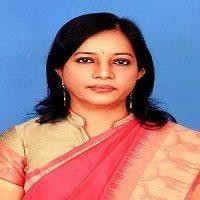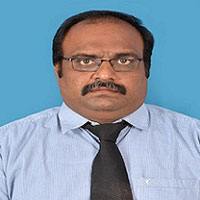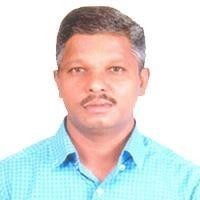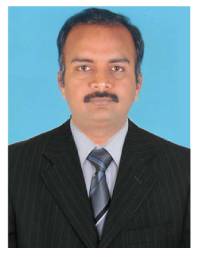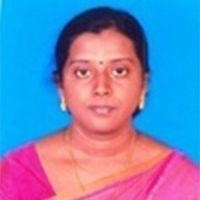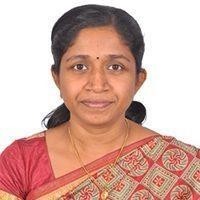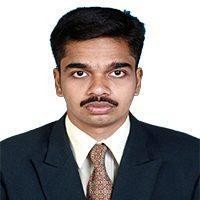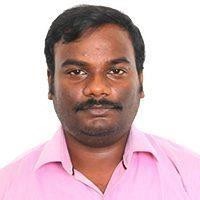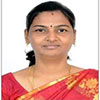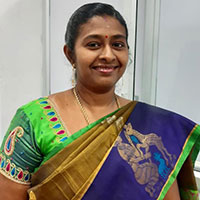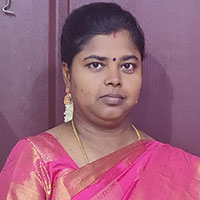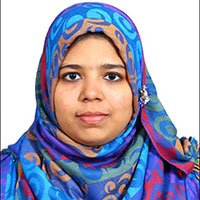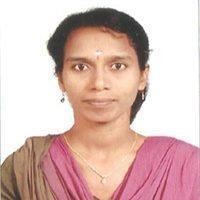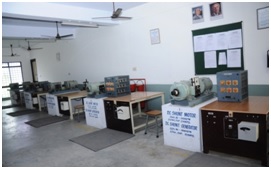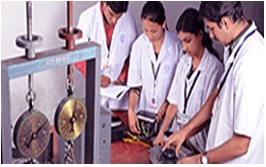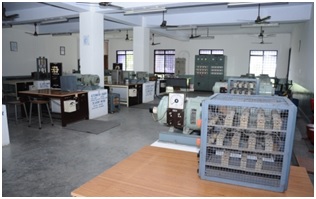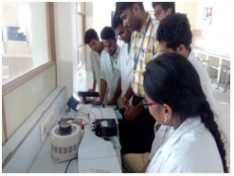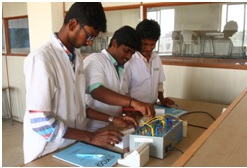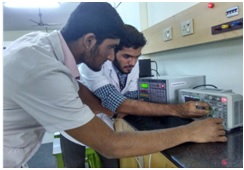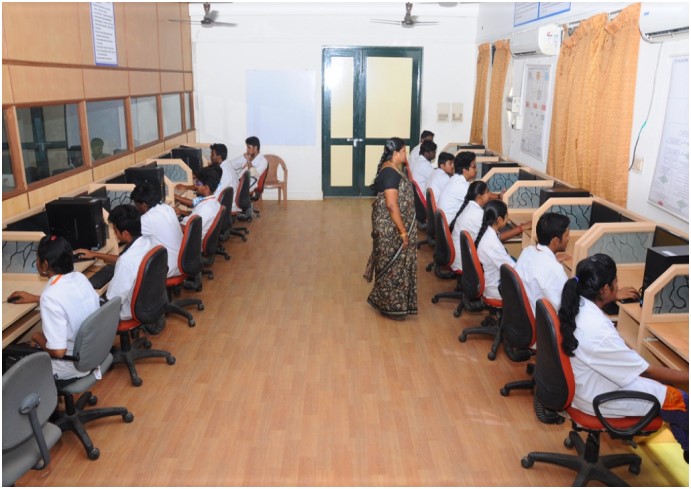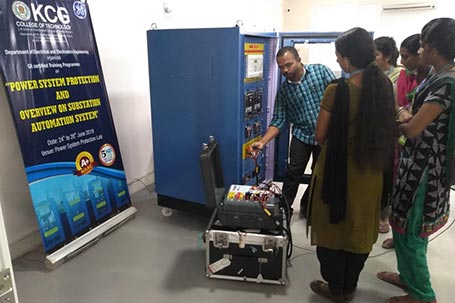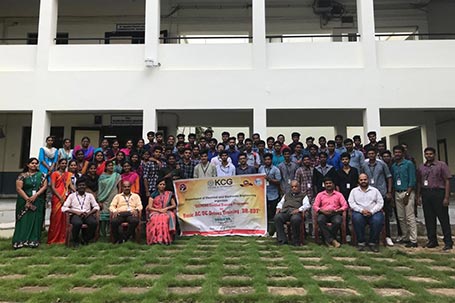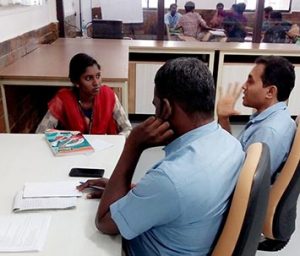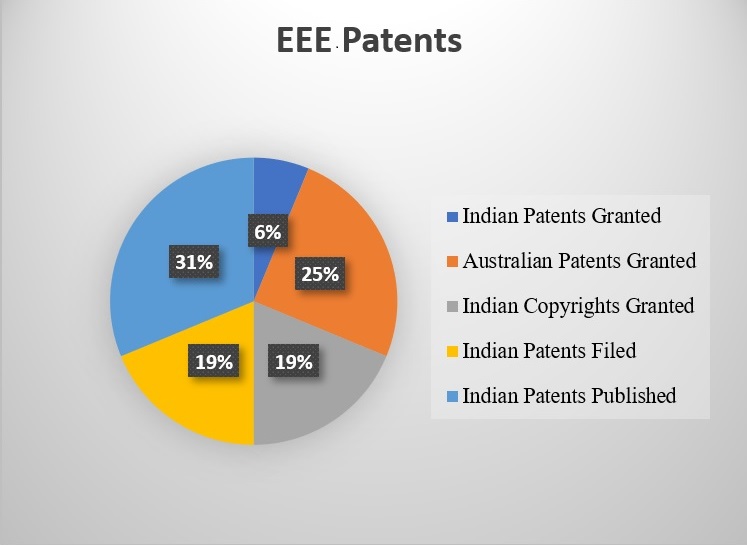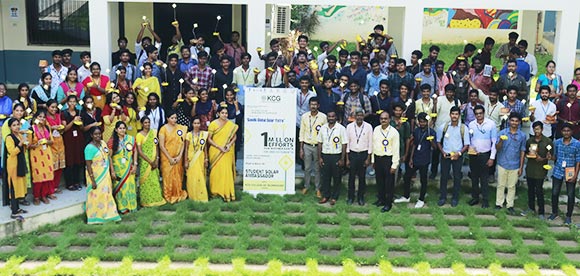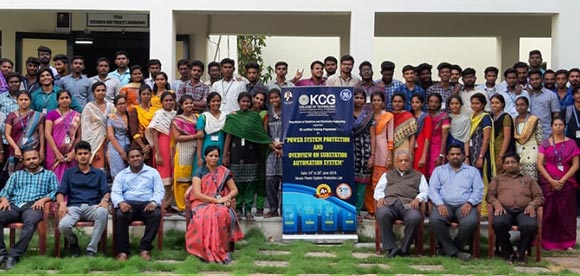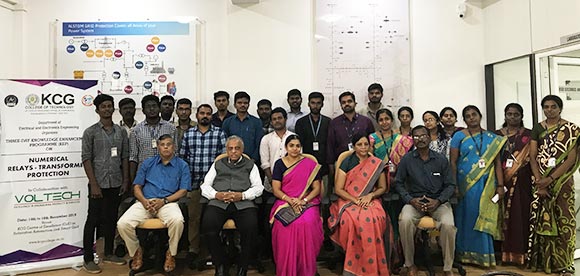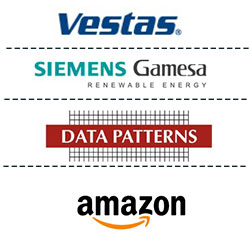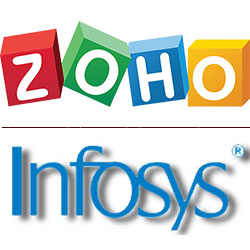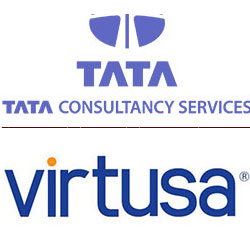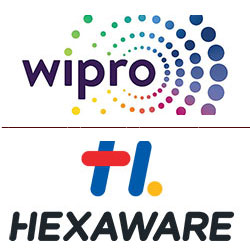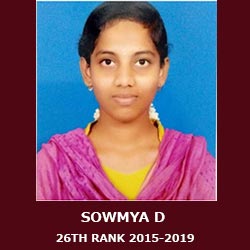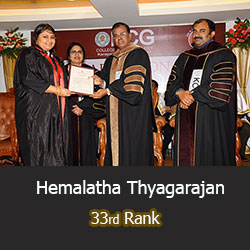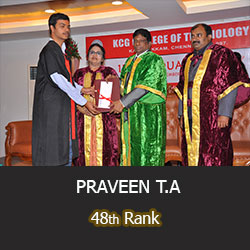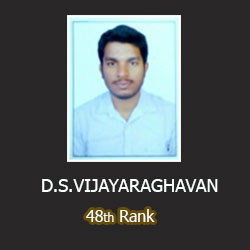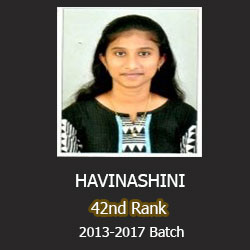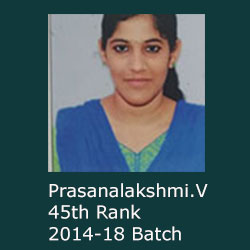About the Department
-
- Won “AICTE LILAVATI AWARD 2022” under the theme of self-defence in women Empowerment
- AICTE- CII National award winner for “Best Industry Linked Electrical Engineering and Allied Institute in 2017,2020 & 2021”
- Won 2ND Runner Up in “AICTE CHHATRA VISWAKARMA AWARD 2021” under the theme of Gender Responsive mechanism to control Domestic Violence
- The department is one among 39 Institutes in the platinum category of AICTE CII Survey of Industry Linked Technical Institutes 2019.
- Won the “Sustainable Institute Industry Partnership Award” from SEED Education.
- Permanent affiliation to Anna University and recognized as Research Centre by the Anna University.
- Over Rs.150 lakhs worth funded and consultancy projects from leading organisations and core industries such as DST, NIWE, CVRDE, IEI, AICTE, HITACHI, and RAMBAL.
- Initiated Industrial collaboration with the University of LEEDS, UK for Newton Bhabha Funded Project.
- Recipient of Best Department award for the three consecutive years 2015-16, 2016-17 & 2017-18
- Winners of Protosem program sponsored by Forge Accelerator, CIBI
- NSDC, MSME, NPTI, Siemens and General Electric (GE) skill training certification courses offered for value addition.
- State-of-the art project and research lab equipped with modern tools like ETAP, MATLAB, LabVIEW, dSPACE Control Station, VVVF Drives, Power Quality Analyser etc.
Vision
The Department of Electrical and Electronics Engineering aims to be a centre of excellence recognized for high quality teaching, learning and research, producing competent professionals to serve the nation and promote sustainability.
Mission
- Impart quality technical education in Electrical and Electronics Engineering domain
- Nurture industrial collaboration in research and development activities
- Maintain state-of-the-art facilities to provide opportunities for knowledge up-gradation
- Invoke the desire and ability of life-long learning in the students for a successful career
Programme Educational Objectives
The graduates will
| PEO 1 | Excel as technically competent, highly skilled professionals in Electrical Engineering and its related fields |
| PEO 2 | Engage in analytical and experimental research activities in Electrical power and utility sectors for the sustainable development of global society |
| PEO 3 | Provide innovative engineering solutions for the challenging problems by communicating effectively with diverse and multi-disciplinary groups in industry and research organizations |
| PEO 4 | Exhibit ethical values, professional attitude and engage in continuous lifelong learning |
Program Outcomes
At the end of the program the student will be able to
| PO 1 | Apply the knowledge of mathematics, science, engineering fundamentals, and an engineering specialization to the solution of complex engineering problems. |
| PO 2 | Identify, formulate, research literature, and analyze complex engineering problems reaching substantiated conclusions using first principles of mathematics, natural sciences, and engineering sciences. |
| PO 3 | Design solutions for complex engineering problems and design system components or processes that meet the specified needs with appropriate consideration for the public health and safety, and the cultural, societal, and environmental considerations. |
| PO 4 | Use research-based knowledge and research methods including design of experiments, analysis and interpretation of data, and synthesis of the information to provide valid conclusions. |
| PO 5 | Create, select, and apply appropriate techniques, resources, and modern engineering and IT tools including prediction and modeling to complex engineering activities with an understanding of the limitations. |
| PO 6 | Apply reasoning informed by the contextual knowledge to assess societal, health, safety, legal and cultural issues and the consequent responsibilities relevant to the professional engineering practice. |
| PO 7 | Understand the impact of the professional engineering solutions in societal and environmental contexts, and demonstrate the knowledge of, and need for sustainable development. |
| PO 8 | Apply ethical principles and commit to professional ethics and responsibilities and norms of the engineering practice. |
| PO 9 | Function effectively as an individual, and as a member or leader in diverse teams, and in multidisciplinary settings. |
| PO 10 | Communicate effectively on complex engineering activities with the engineering community and with society at large, such as, being able to comprehend and write effective reports and design documentation, make effective presentations, and give and receive clear instructions. |
| PO 11 | Demonstrate knowledge and understanding of the engineering and management principles and apply these to one’s own work, as a member and leader in a team, to manage projects and in multidisciplinary environments. |
| PO 12 | Recognize the need for, and have the preparation and ability to engage in independent and life-long learning in the broadest context of technological change. |
Program Specific Outcomes
| PSO No. | Description of PSO |
| PSO 1 | Design and investigate complex problems in electrical machines, power, control and electronics systems. |
| PSO 2 | Utilize Digital and Software tools for design, simulation and analysis of electrical and electronics systems. |
| PSO 3 | Adhere to Professional Ethical Standards in their Future Career. |
M. Tech – Energy Studies
B.E. – Electrical
M.E. – Power Systems
B.E. – Electrical and Electronics Engineering
Profile
M.E. – Applied Electronics
B.E. – EEE
M.E. – Applied Electronics
B.E. – EEE
M.E. – Power Electronics & Drives
B.E. – EEE
M.E. – Power Systems Engineering
B.Tech – EEE
M.E. – Power Systems Engineering
B.E. – EEE
M.E. – Power Electronics & Drives
B.E. – EEE
M.E. – Power electronics and industrial drives
B.E. – EEE
M.E. – Applied Electronics
B.E. – EEE
Faraday - Electrical Machines Laboratory
The students will get an exposure to the operation of D.C machines, transformers, synchronous machines and induction motors and to impart them with experimental skills
Nyquist Electronics and Instrumentation Laboratory
The main objective of this laboratory is to have hands on experience on various electronic devices.
Volta - Simulation Laboratory
The main aim of this laboratory is to help the students to acquire software development skills and to experience in the usage of standard packages necessary for analysis and simulation of power system required for its planning, operation and control.
Tesla Project & Research Laboratory
To cater to the needs of post graduate students and research scholars, this laboratory is designed with latest equipments in the field of power electronics and drives.
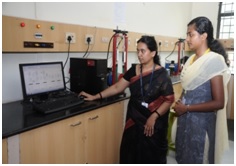
Tesla Project & Research Laboratory
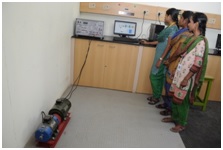
Tesla Project & Research Laboratory
Department Library
| Major Categories | No. of Books |
|---|---|
| Power Electronics & Drives | 43 |
| Electrical Power Systems | 228 |
| Control & Instrumentation | 67 |
| Analog & Digital Electronic Systems | 50 |
| Basic Science & Humanities Science | 35 |
| Engineering Science | 273 |
| Total No. of Titles | 127 |
| Total No. of Volumes | 696 |
| Journals & Magazines | 113 |
| Others | 8 |
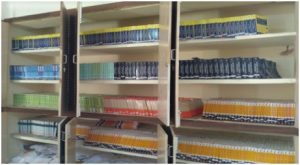
Department Library
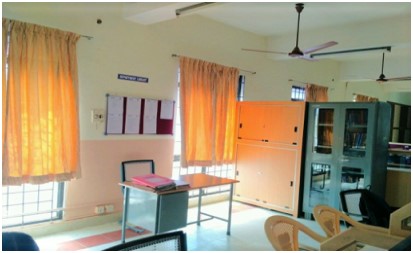
Department Library
II YEAR EEE
- NSDC certified Roof Top Solar Grid Engineer
III YEAR EEE
- TVS CERTIFIED TECHNICAL TRAINING
- Siemens Certified Basic AC/DC Drives training /DR- BDT
- DESIGN TECH SYSTEM & MATHWORKS Certified training on Robotics System design
IV YEAR EEE
- GE Certified training on Power System Protection & Relay Testing
Research Centre Approval
The Department is approved as a recognised research centre for doing Ph.D. and M.S. (By Research) programmes by Anna University
The objectives are:
• To be a vibrant research centre that is suitable for sustainable research activities.
• To have industrial tie-up for collaborative research in emerging areas.
• To deliver the latest research in the field of wind and solar power industry
click here to view Anna University Research Centre Approval
AICTE MODROBS SUPPORTED MODERNIZATION OF POWER ELECTRONICS DRIVES AND RENEWABLE ENERGY LAB
To ensure that the Faculty / Students are benefited through practical and project work that suits the needs of the Industry, this lab is installed and the equipments are financed under the MODROBS scheme.
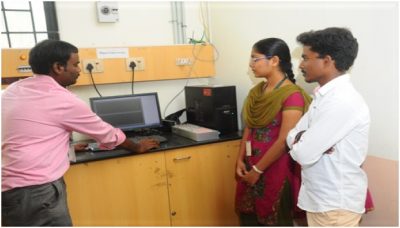
POWER ELECTRONICS DRIVES AND RENEWABLE ENERGY LAB
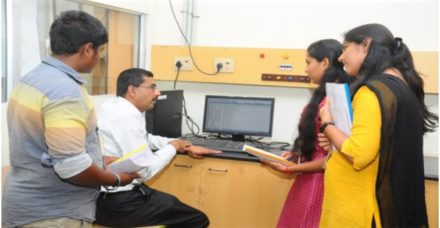
POWER ELECTRONICS DRIVES AND RENEWABLE ENERGY LAB
DST- FIST SUPPORTED POWER SYSTEM PROTECTION LAB
The objective of the Lab is to train graduate students and Industry Professionals in the art and science of Protection Engineering / Substation Operation & Control. This lab includes Automatic Test System for Power Supply & Digital Test Kit for Sub-Station Control Panel Testing and Validation.
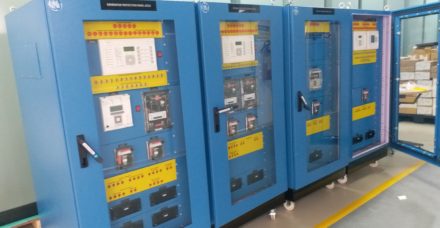
POWER SYSTEM PROTECTION LAB
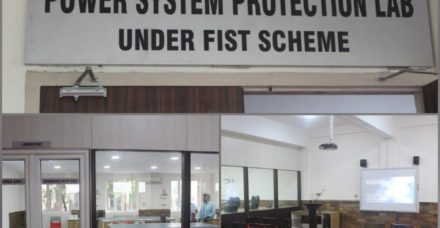
POWER SYSTEM PROTECTION LAB
100kW GRID CONNECTED ROOF TOP SOLAR PV PLANT
The objective of the project is to demonstrate the technologies of solar power generation at a place which is visited by young and innovative minds. This Solar PV system at our college promotes green energy and clean energy also provides resource for the students for conducting study, research & development activities.
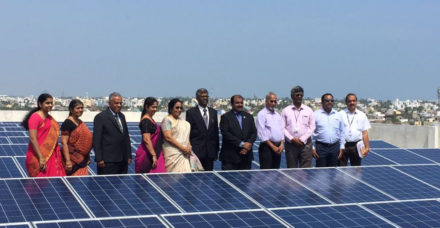
ROOF TOP SOLAR PV PLANT
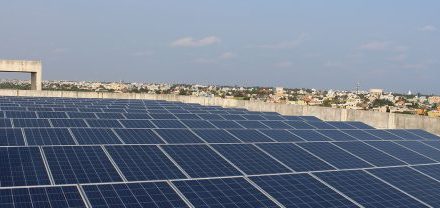
ROOF TOP SOLAR PV PLANT
click here to view
Funded Project
Research Guidance
| Career Prospects | ||
|---|---|---|
| Graduates of Electrical & Electronics Engineering can seek employment opportunities in Government organizations such as Power Grid, TANGEDCO, BHEL, BEL, SAIL, GAIL, HPCL, Indian Oil, Electricity Boards all over India and Private firms like GE, SEIMENS, GAMESA, ABB, VESTAS, TVS Electronics, BOSCH, and other core industries. After finishing the Bachelor’s Degree the students can pursue the following to paths | ||
| Academic Careers | Higher Studies | M.S & M.Tech Programmes (Power System Engineering, Power Electronics & Drives, High Voltage Engineering, Control Systems and Drives, Renewable Energy Systems, Electric Vehicle Technology, Embedded systems, Data sciences etc.,) |
| Industry/ Government sector Careers | Top job profiles | Graduate Engineer Trainee, Power system Protection & Testing Engineer, Scientist, Junior Engineer/Assistant Engineer, Research Analyst, Design Engineer, Production Engineer, Field Service Engineer, Quality Engineer, Maintenance Engineer etc.,
Management Trainee, Programme Manager, Project Engineer, Associate Manager. |







